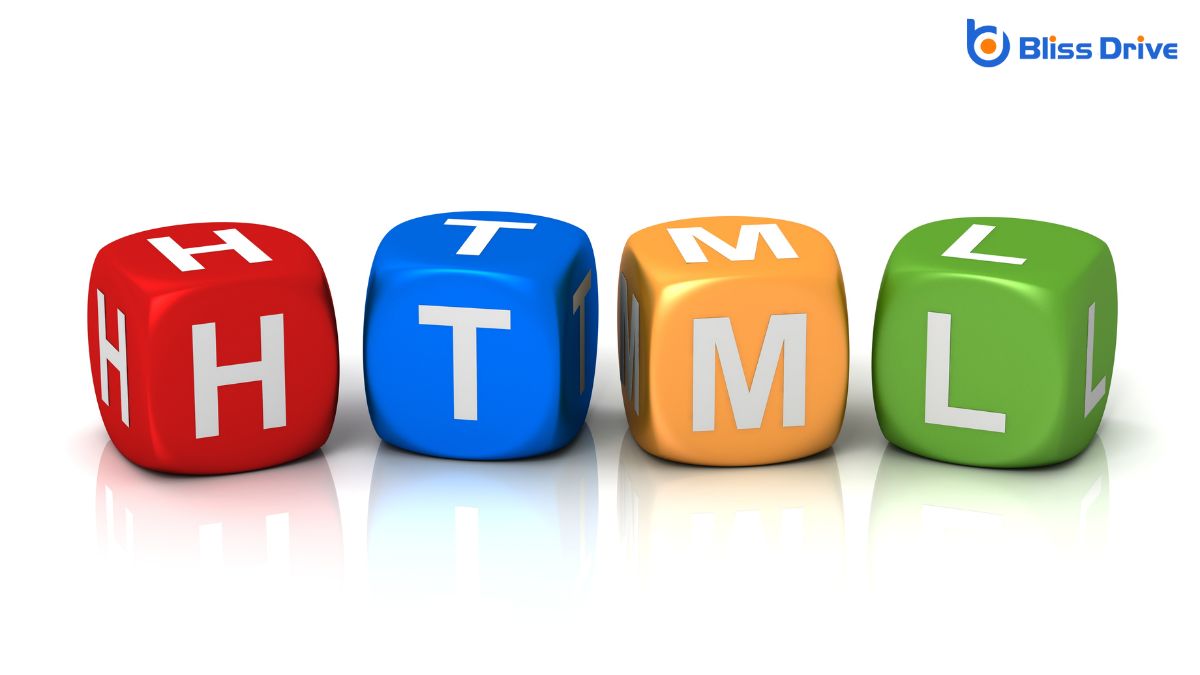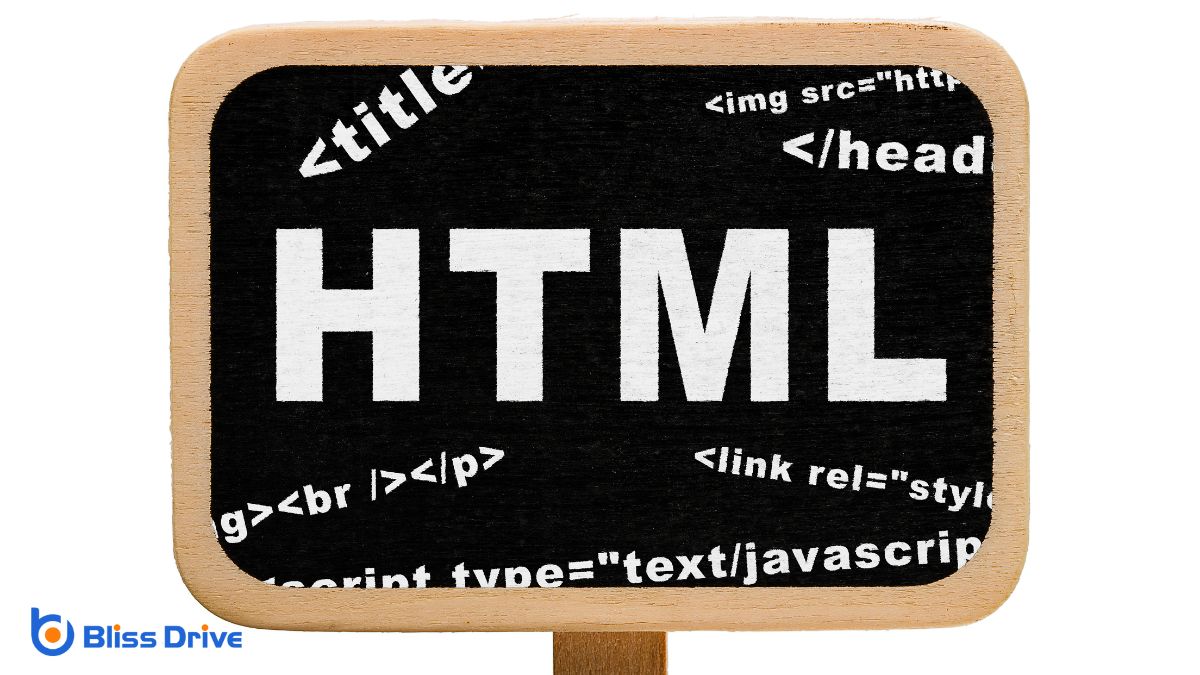Learn More About Us

When we talk about the effectiveness of HTML for SEO, we're diving into the core of how websites communicate with search engines. HTML is fundamental, shaping how content is structured and interpreted. Proper use of HTML tags can greatly influence a site's visibility and user experience. But is it the ultimate solution for SEO, or do other technologies offerThe specific product or service being promoted by affiliates. better alternatives? Let's explore the ins and outs of HTML's role in boosting SEO performance.

HTML, or Hypertext Markup Language, serves as the backbone of web development, allowing us to structure content on the web effectively. We use HTML to define elements like headings, paragraphs, links, and images, giving our web pages a clear and organized format.
By understanding HTML, we can create a foundation that guarantees our website is accessible and user-friendly.
When we build a webpage, we use HTML tags to mark up text and other content. This helps browsers know how to display our site.
HTML is vital because it helps us separate content from style, which is managed by CSS. Understanding HTML empowers us to control how our web pages look and function, assuring a strong, well-structured site.
Let’s embrace HTML’s role in web development together!
While HTML structures our web content, understanding SEO, or Search Engine Optimization, is key to ensuring our site is visible and ranks well in search engines.
SEO involves optimizing our website so search engines understand and rank it effectively. It’s all about making our content accessible and relevant to users' queries.
We focus on two main areas: on-page SEOOptimization techniques performed directly on the website, including content and HTML source code., which involves optimizing elements like content quality and keywordsWords or phrases that users type into search engines to find information., and off-page SEOOptimization actions taken outside the website, primarily involving backlinks and social media., which includes building backlinksLinks from other websites pointing to your website, crucial for SEO. and social signals.
By improving these aspects, our sites become more appealing to search engines, driving more traffic.
We should remember that SEO isn’t a one-time task. It’s an ongoing process requiring regular updates and adjustments to align with evolving search engine algorithms and user behaviors.

Let's explore how essential HTML tags can boost our SEO efforts.
HTML tags play a significant role in how search engines understand and rank our pages.
To truly harness the power of SEO, we need to understand the essential functions of HTML tags and their pivotal role in optimizing our web content. HTML tags act as signposts for search engines, guiding them through our pages and highlighting key elements.
The title tagAn HTML element that specifies the title of a web page, displayed on the SERP and browser tab., for example, is vital as it tells search engines what our page is about, while the meta descriptionA brief summary of a web page’s content, shown in the SERP. tag provides a concise summary that can influence click-through rates.
Header tags (H1, H2, etc.) help structure content, making it more readable for users and accessible for search engines. Alt tags describe images, offering valuable information for those who can't see them.
When evaluating the factors that influence page ranking, we can't overlook the essential role HTML tags play in SEO. These tags are like signposts for search engines, guiding them to valuable information on our pages. By using tags such as
